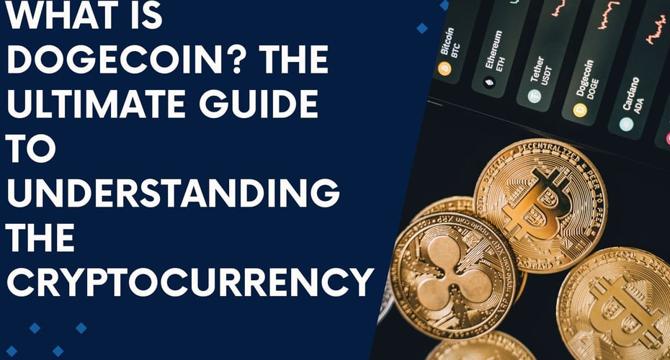Dev
1M
139

Image Credit: Dev
What is Dogecoin? The Ultimate Guide to Understanding the Cryptocurrency
- Dogecoin, created in 2013 by Billy Markus and Jackson Palmer, started as a joke based on the popular 'Doge' meme featuring a Shiba Inu dog.
- Despite its playful origins, Dogecoin gained traction for its lighthearted approach and unlimited supply, quickly becoming popular among internet users.
- Dogecoin operates on a peer-to-peer network, utilizing proof-of-work consensus like Bitcoin, with quick transaction times and low fees.
- The Dogecoin community, known for its humor and generosity, has supported various charitable initiatives and embraced the coin's playful nature.
- Dogecoin's market value has risen significantly, ranking among the top 10 cryptocurrencies, boosted by celebrity endorsements like Elon Musk's.
- Dogecoin has real-world use cases, including tipping content creators, donations to charities, and acceptance by some businesses for purchases.
- The future of Dogecoin is uncertain due to its inflationary supply, but community engagement, technology development, and innovation will be vital.
- Dogecoin's journey from a meme to a recognized digital currency showcases the power of community, humor, and social media in the cryptocurrency space.
- Investing in Dogecoin carries risks due to price volatility, while the coin can be mined and purchased through various cryptocurrency exchanges.
- While Dogecoin has gained popularity, it is unlikely to replace Bitcoin as the dominant cryptocurrency, with each serving different purposes in the market.
Read Full Article
8 Likes
For uninterrupted reading, download the app